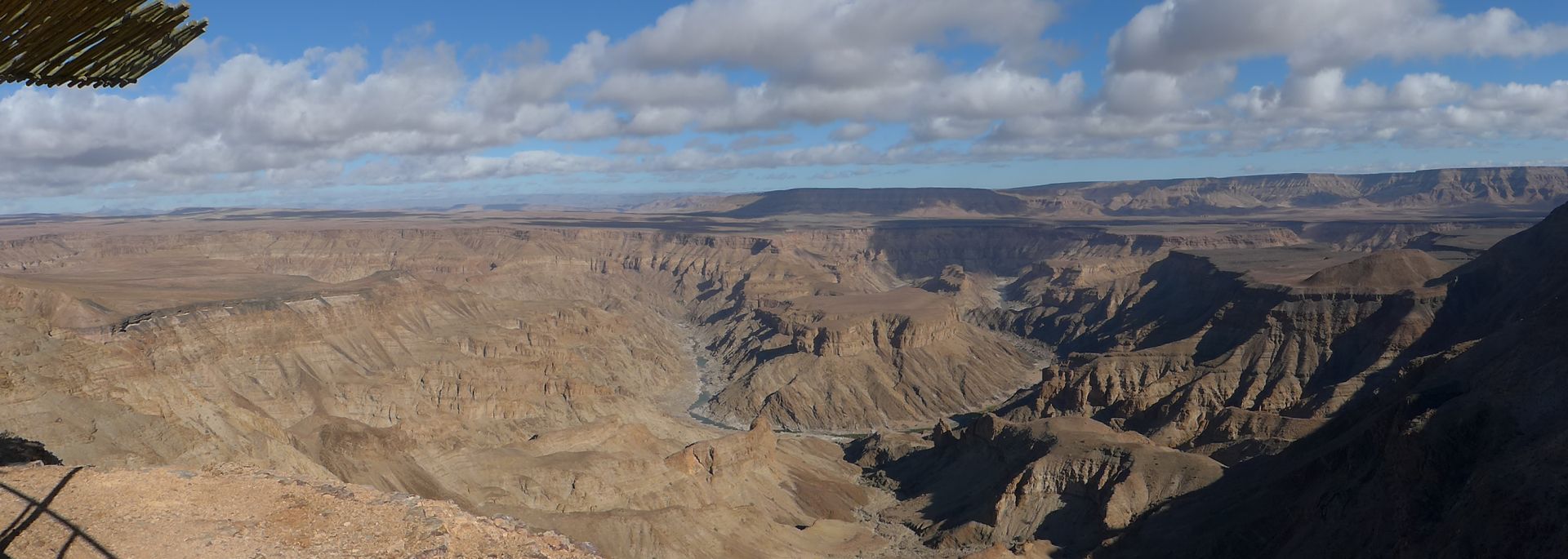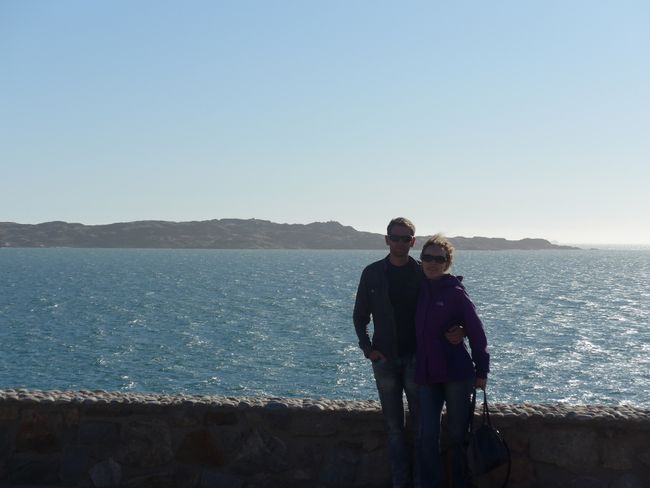Marseille (France Part 16)
Publicado: 23.05.2019
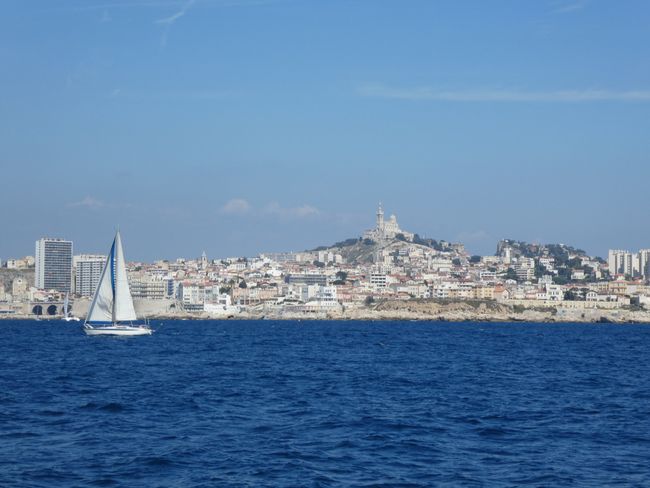
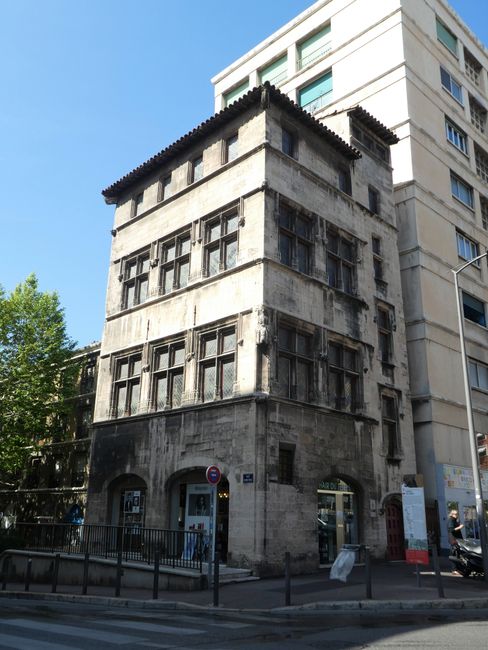
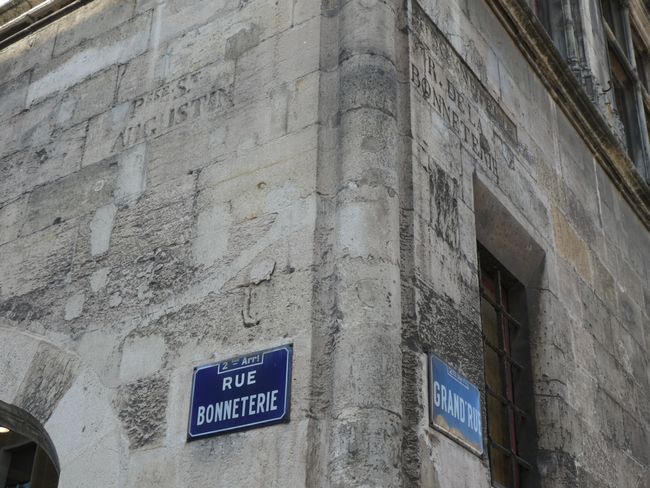

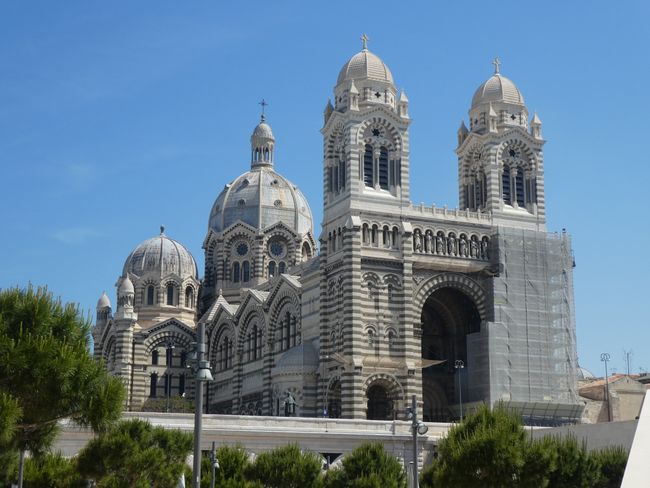
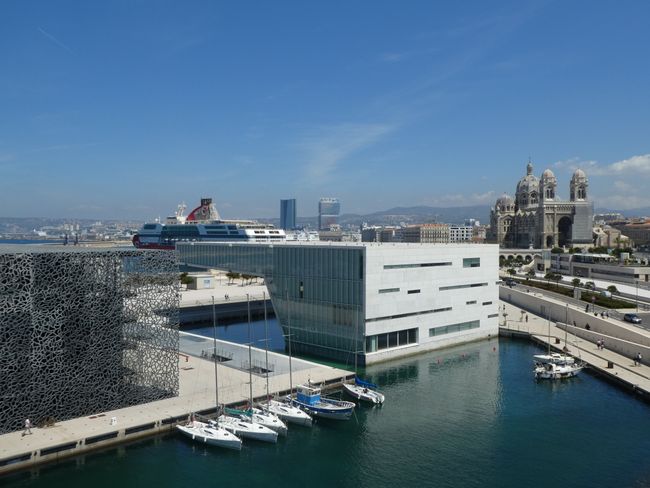
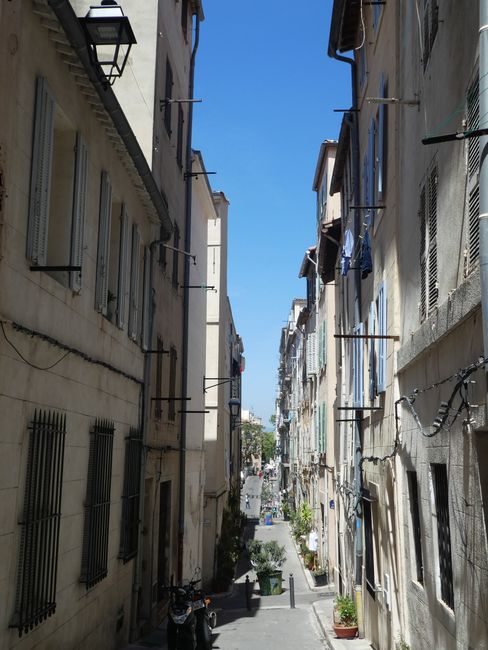
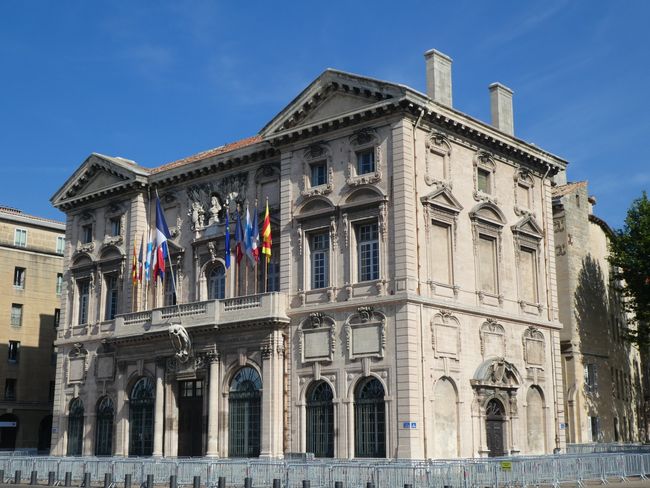
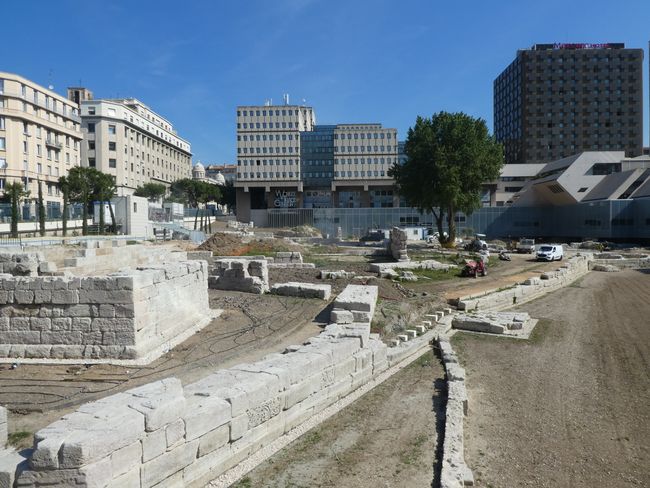
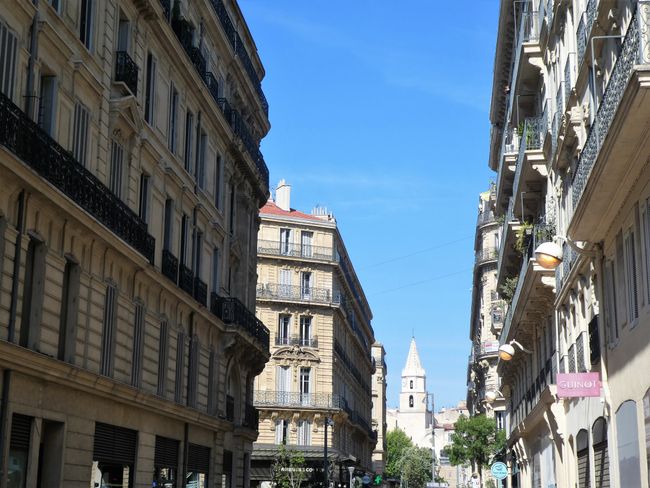
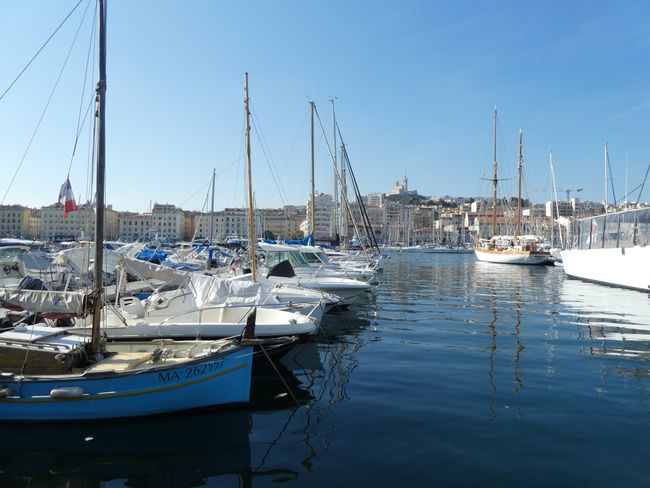

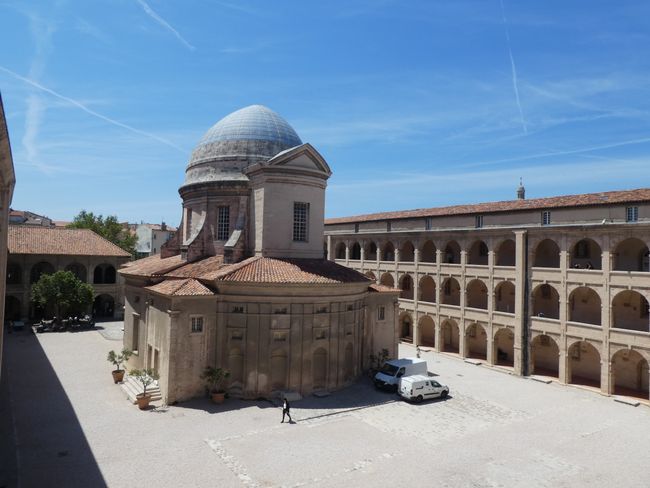
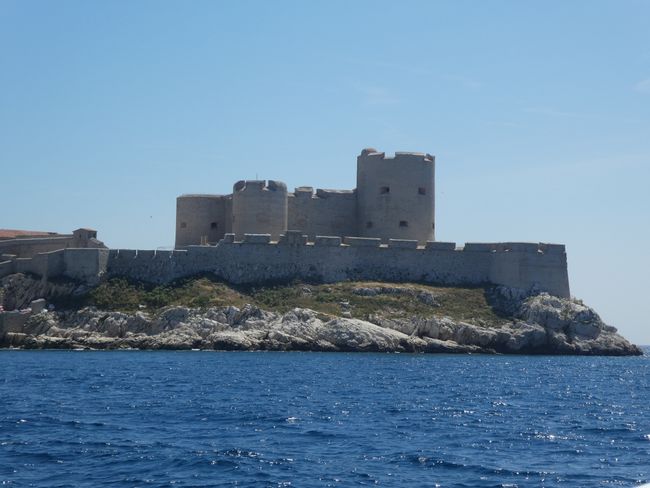
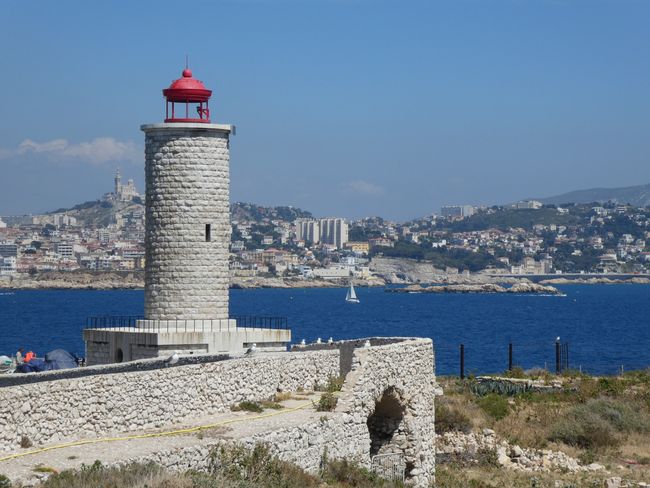
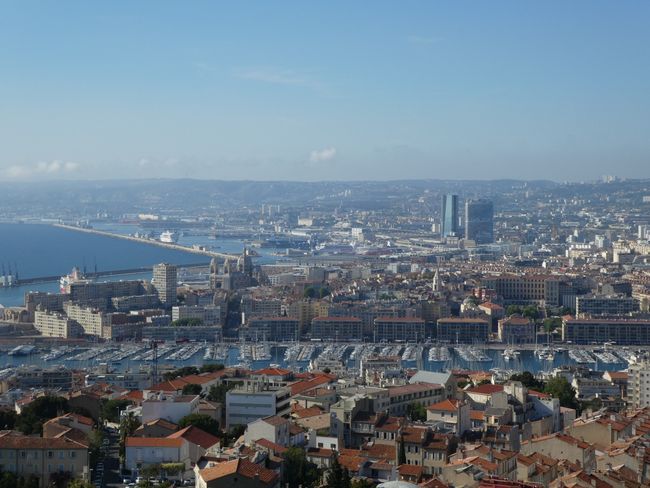
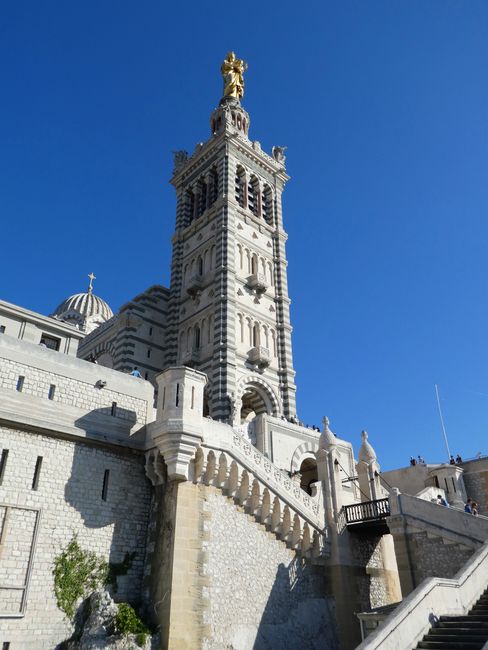
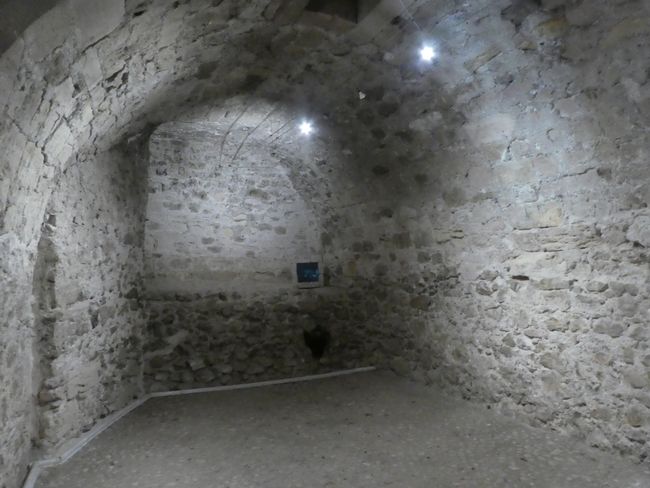
Suscríbete al boletín
Upon our arrival in Marseille, we initially did not have the best impression of the city. We stayed in the Old Town district of 'Le Panier', which is not the best idea when coming by car. The neighborhood is full of stairs and narrow alleys. In some places, cars are not allowed - and sometimes you cannot drive because everything is so crowded that a larger car like ours simply cannot pass through.
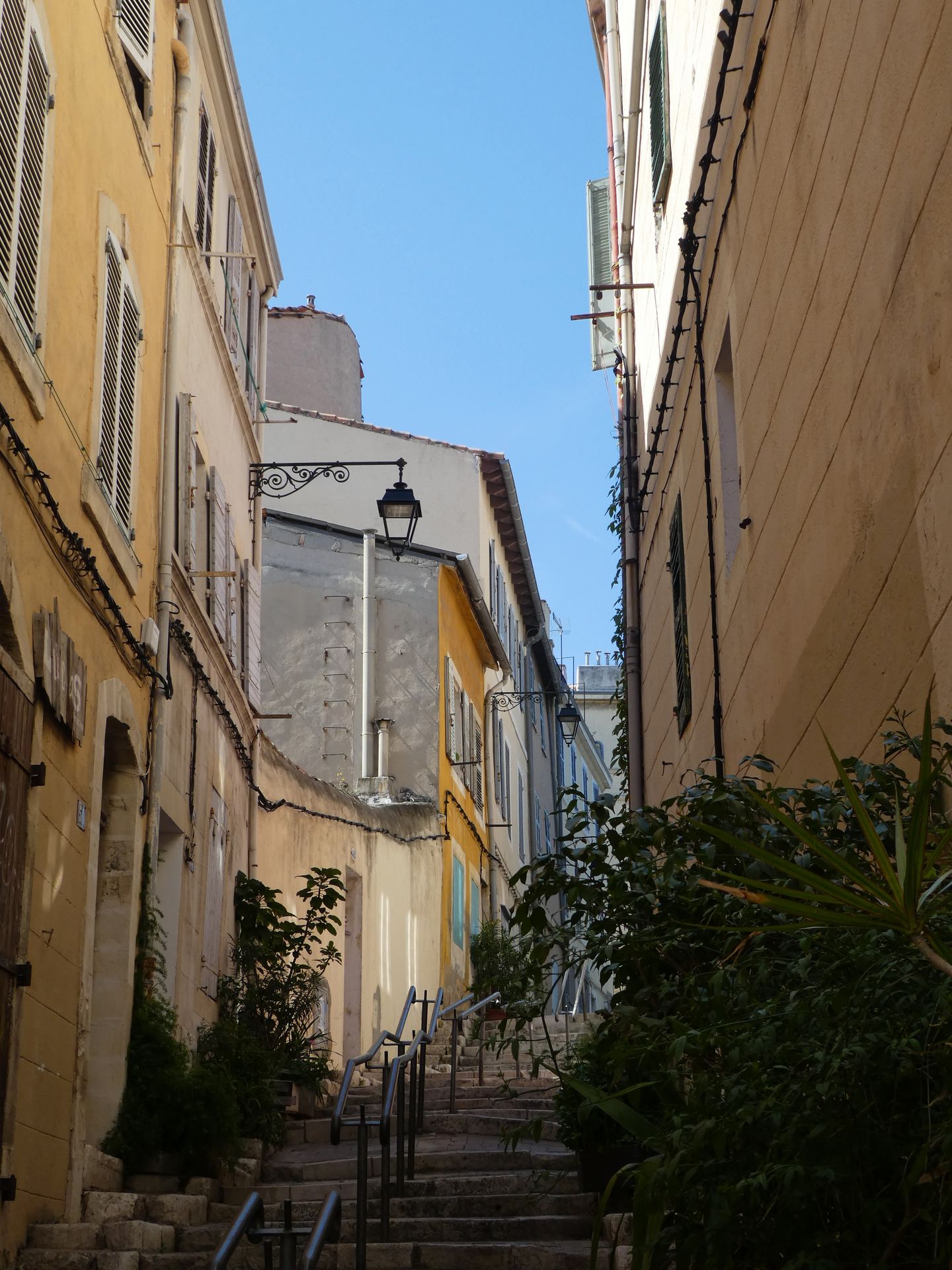
Then Google navigation failed us as well and wanted to take us through streets that we were not allowed to drive on. At one point, a delivery van blocked our way and responded to our honking with a very rude gesture... At the end of a street, we could hardly turn around because everything was parked full and then an ambulance came towards us - in a street that should have been a one-way street due to its width, but wasn't.

Finally, we found a parking space near our apartment, but it was so tight that we had to park like the French: by gently pushing the car in front of us, we maneuvered into the narrow gap and now understood why all the cars in the city looked scratched and dented.

The next morning, we took part in a 'Free Guided Tour', where the tour guide is paid only by tips. The friendly Argentine who led us spoke very enthusiastically about his adopted home of Marseille, so that together with the radiant sunshine, we began to warm up to the city.
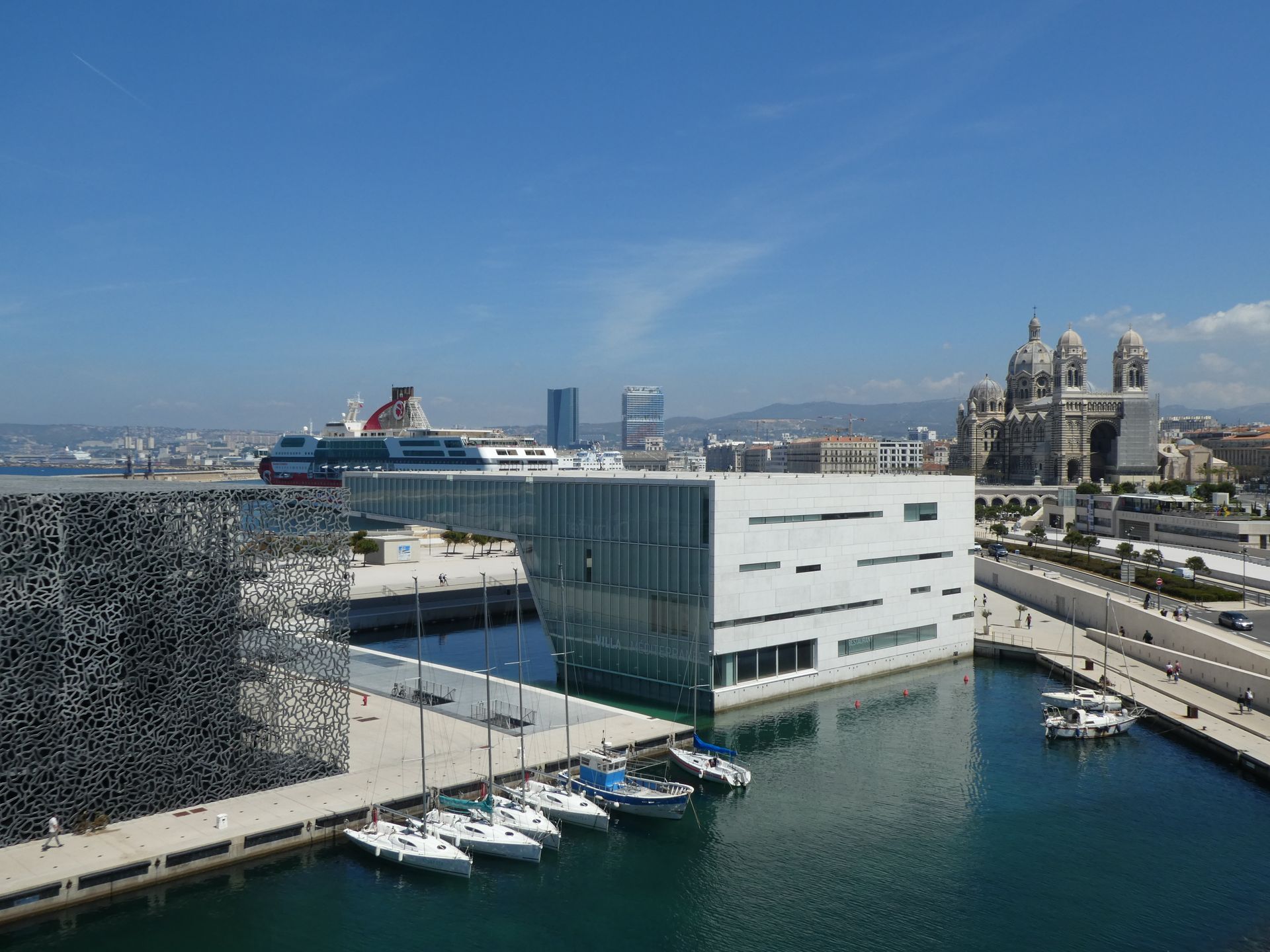
The tour started at the 'Vieux Port', the old port, where many yachts were anchored and wide footpaths invite you to take a stroll.
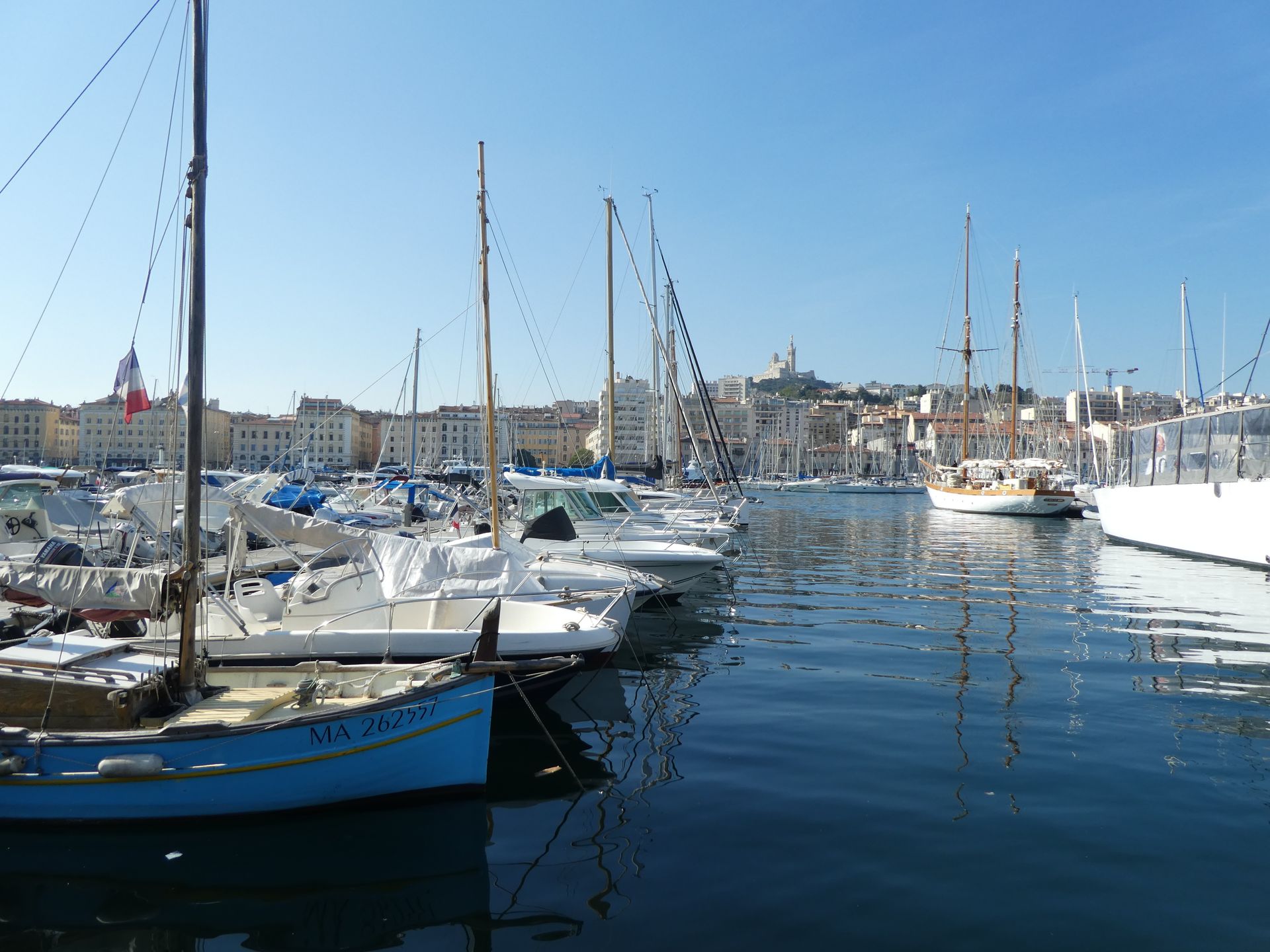
This is also where the Greeks once landed, who are said to have founded the city around 600 BC. This makes Marseille the oldest city in France. However, a large part of the current grounds at the port were still water back then. Along the way, we saw the excavations of the ancient Greek harbor, which is now located a bit further inland.

The oldest street in France, which was built as a grand street into the ancient city, can still be walked on today. However, nothing reminds us of the ancient settlement anymore.
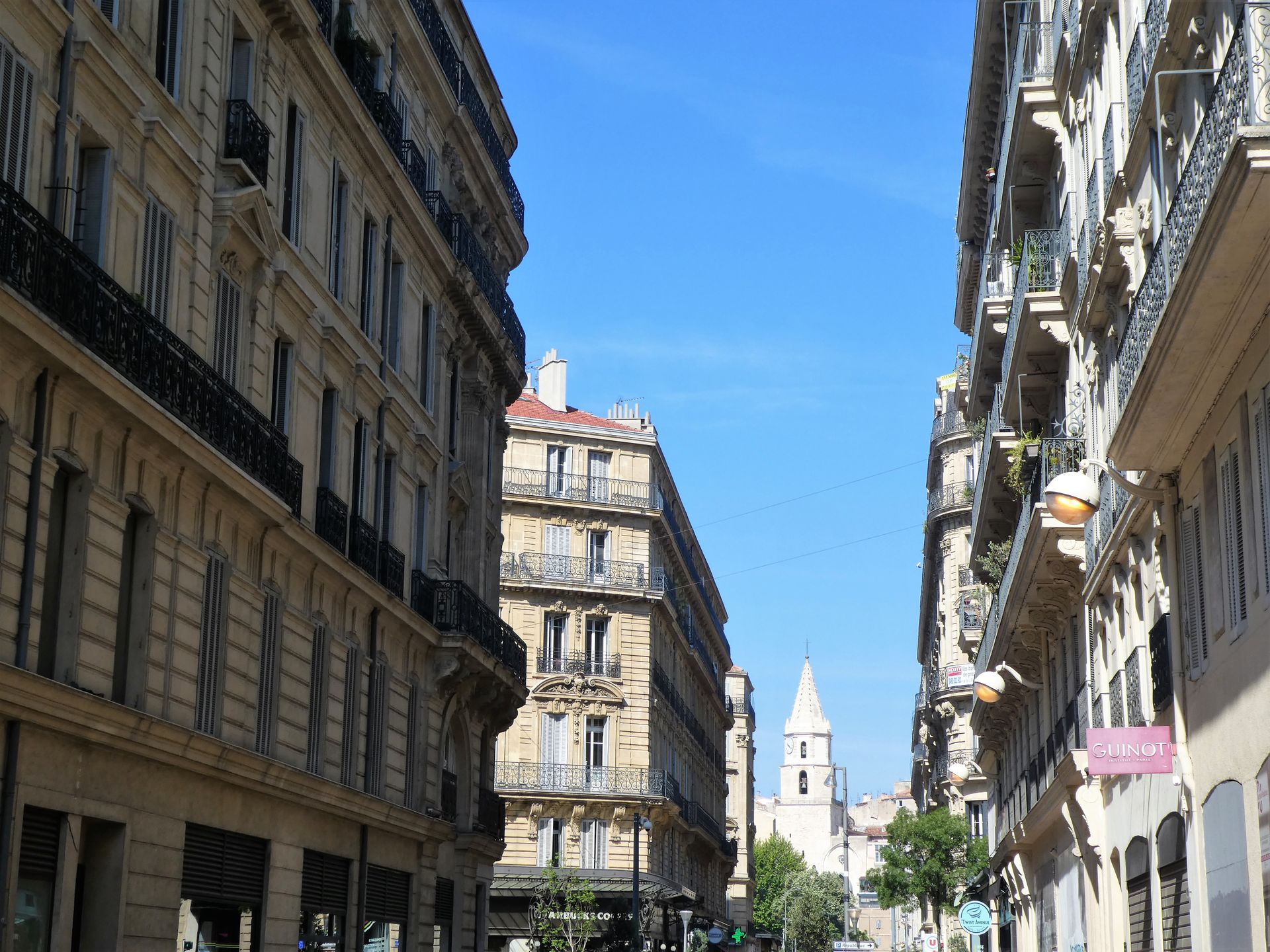
Not only was an entire street torn down and rebuilt like in Paris under Napoleon III. Even during the German occupation, a whole neighborhood with about 2000 houses was leveled. Only a few houses, like the town hall, were spared.
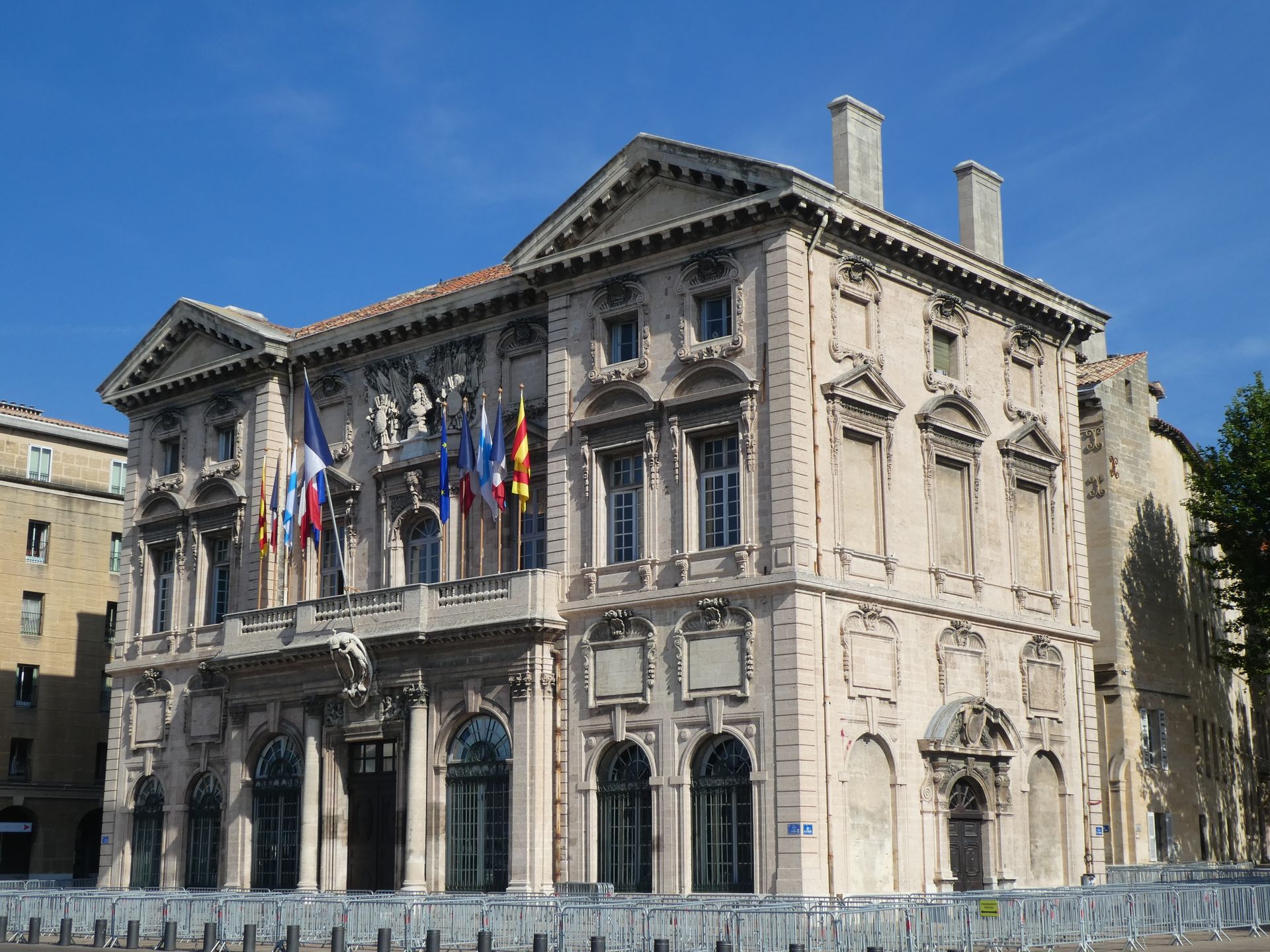
A medieval house was also preserved. But since the street was supposed to be widened at the same time, it had to be moved. The whole house was moved about 15 meters on rails.
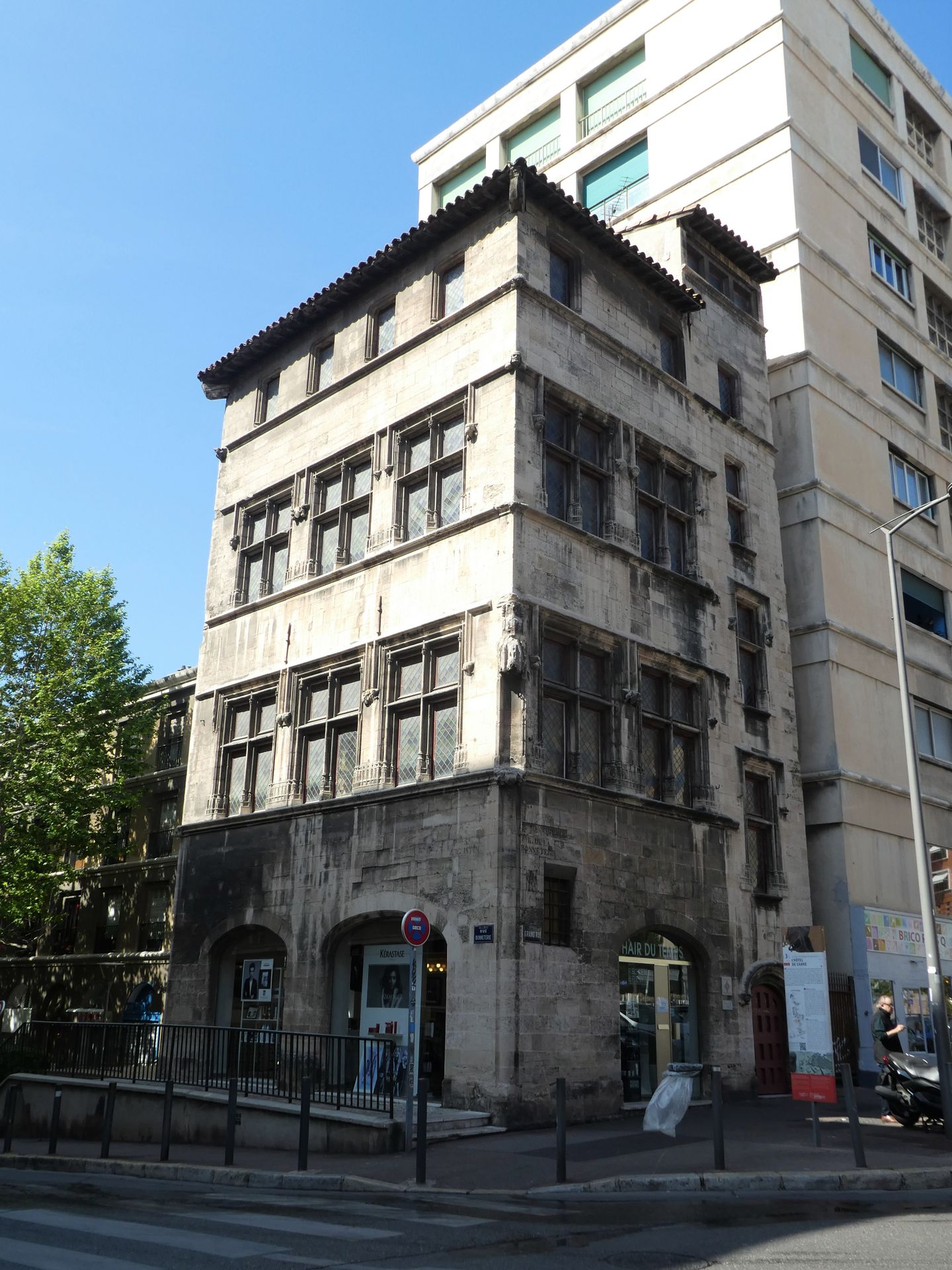
You can still see this today because the old engraved street names no longer match the modern signs. When it was moved, it was also rotated, so the old street name is now on the wrong side of the house.
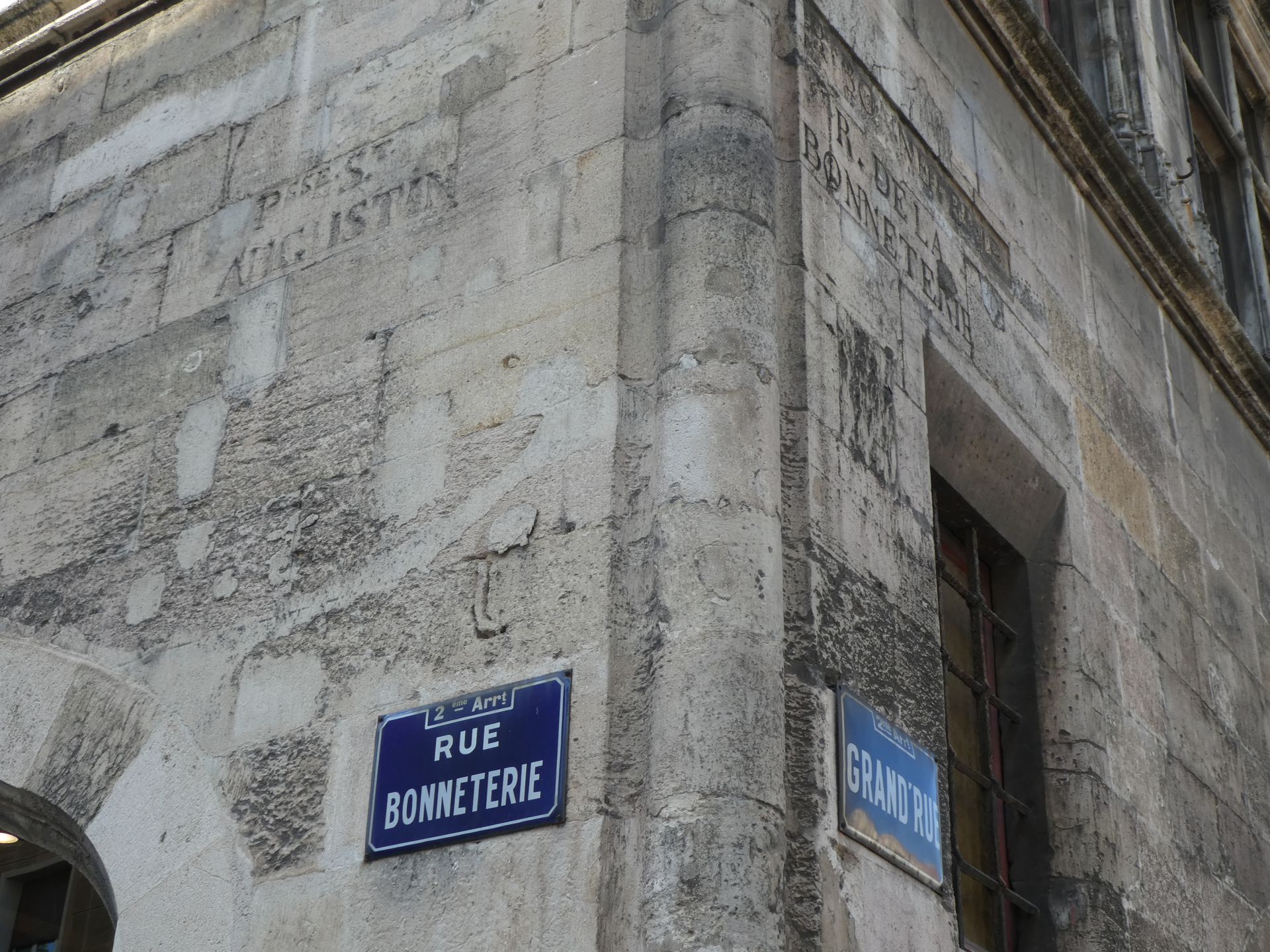
We continued through 'Le Panier', which we had already explored by car and on foot, to 'Vieille Charité'. The former old hospital and poorhouse now houses various museums. However, you can visit the building with its three-story gallery for free.
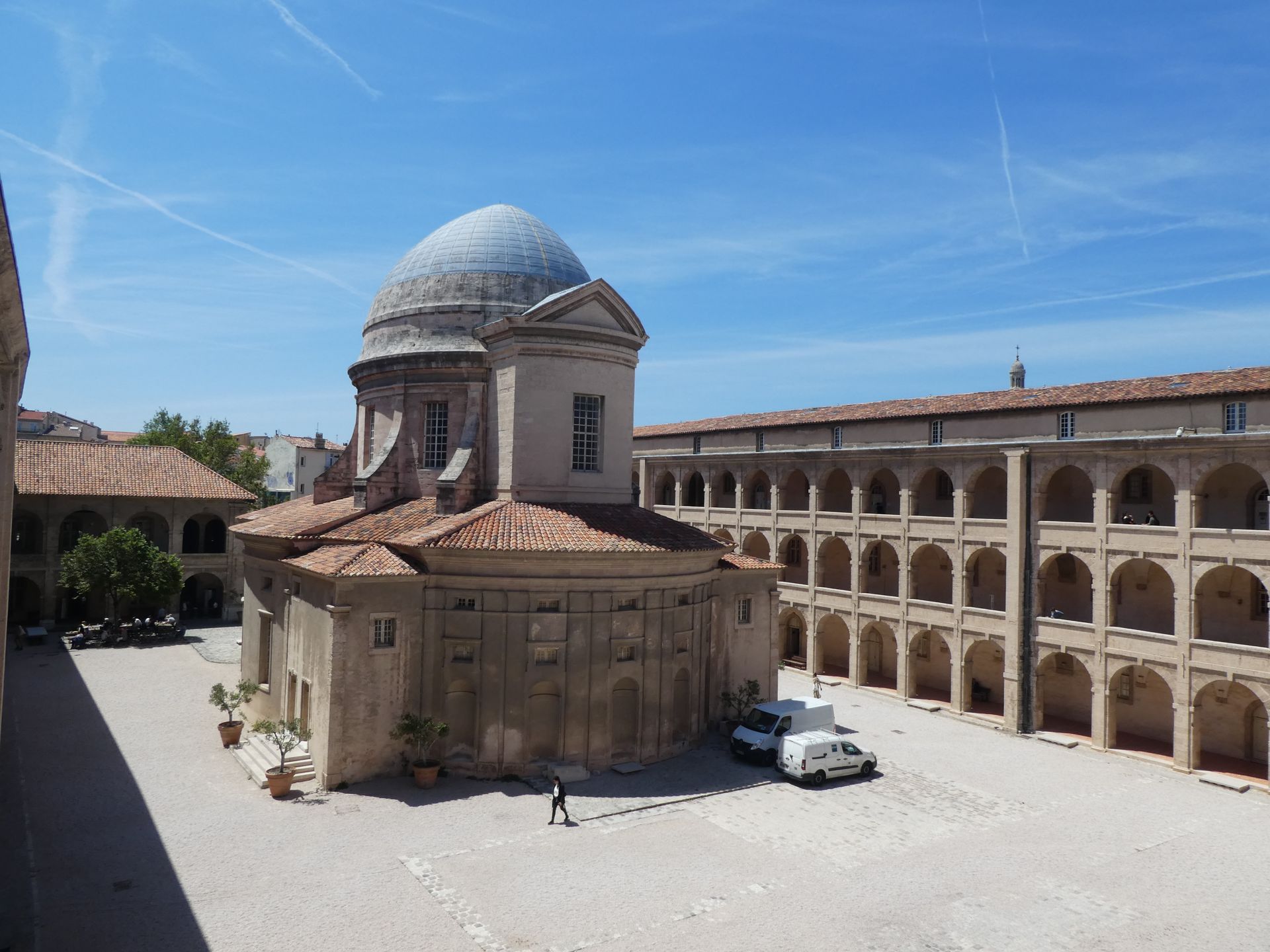
On the way back to the waterfront, we passed the cathedral of the city. It was rebuilt in the neo-Byzantine style in the 19th century. The reconstruction was meant to make it clear to all ships landing in Marseille that they were coming to a Christian city.
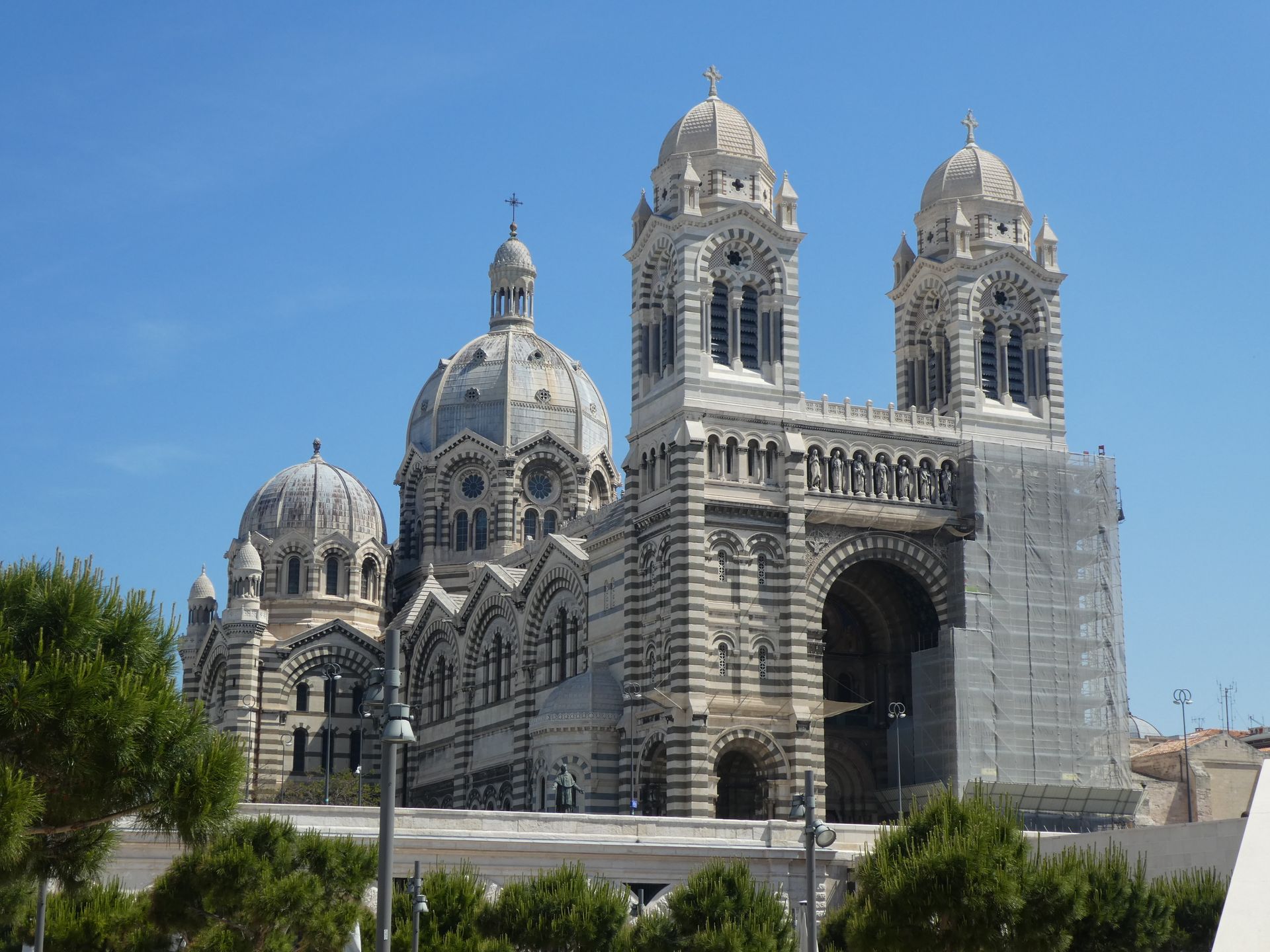
In the afternoon, we took a boat to 'Château d'If'. In the 16th century, a fortress was built on an island off Marseille for the protection (and surveillance) of the city, and it was then further expanded over time.
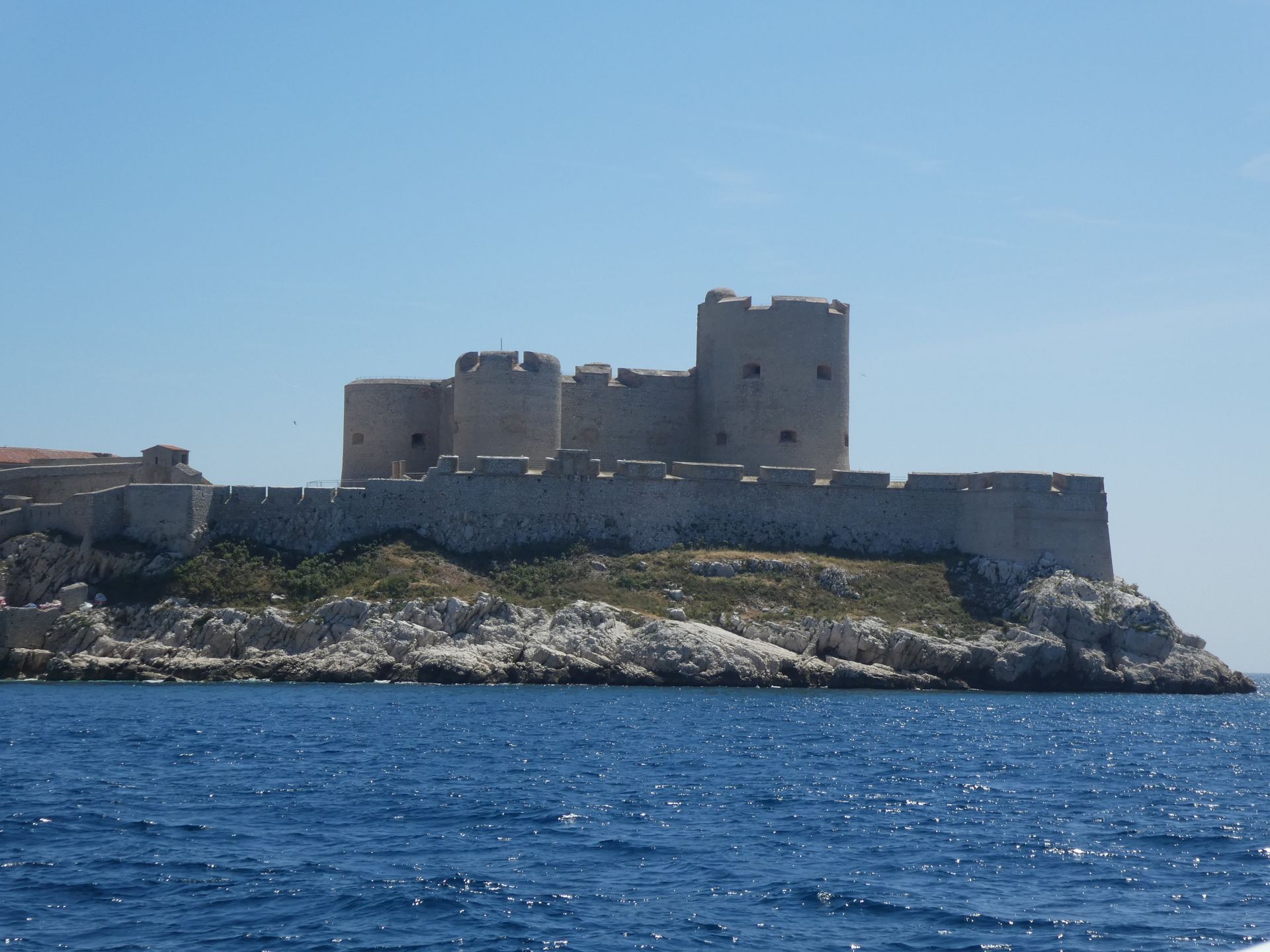
Later it was also used as a prison. The most famous prisoner of the island never really existed: Alexandre Dumas has his hero escape from this island in the novel 'The Count of Monte Cristo' to take revenge.

You can still visit the cell with the tunnel dug for the escape. Although it was probably prepared more for the visitors who have been able to come to the island since 1880.
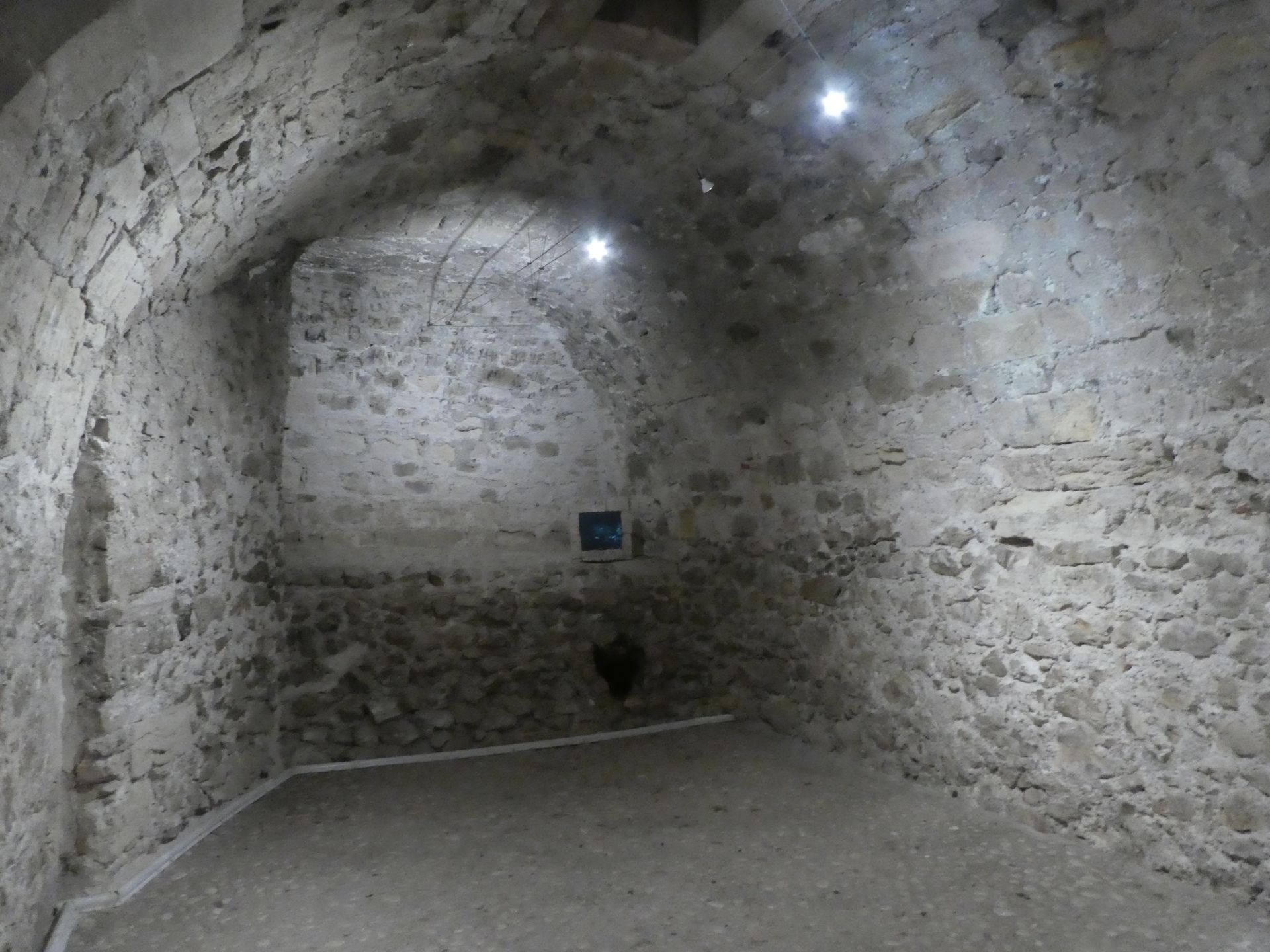
We then took the bus to the symbol of Marseille: the Church of Notre-Dame de la Garde, which towers over the city.
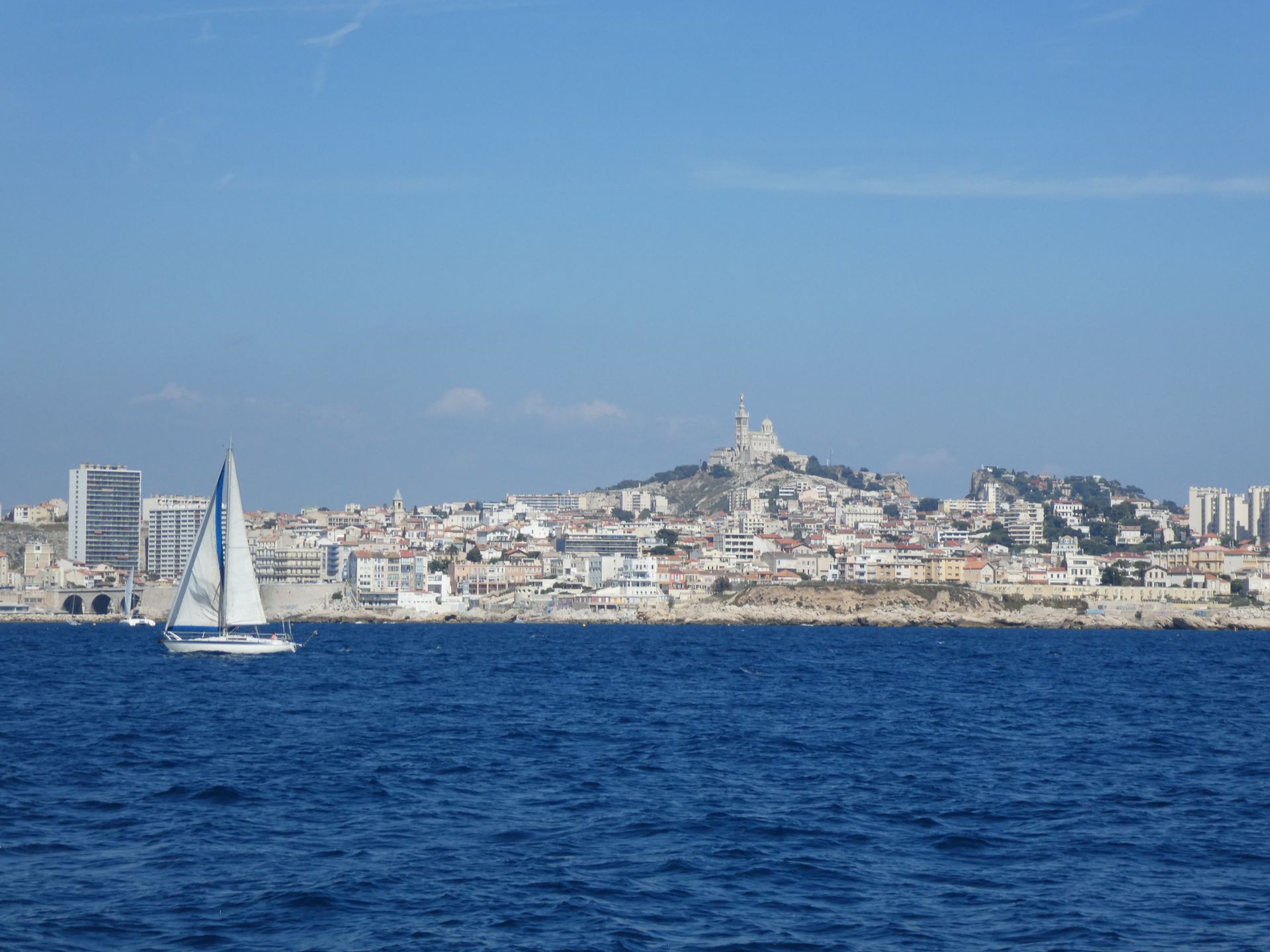
The golden statue of Mary on its tower is the highest point in Marseille.
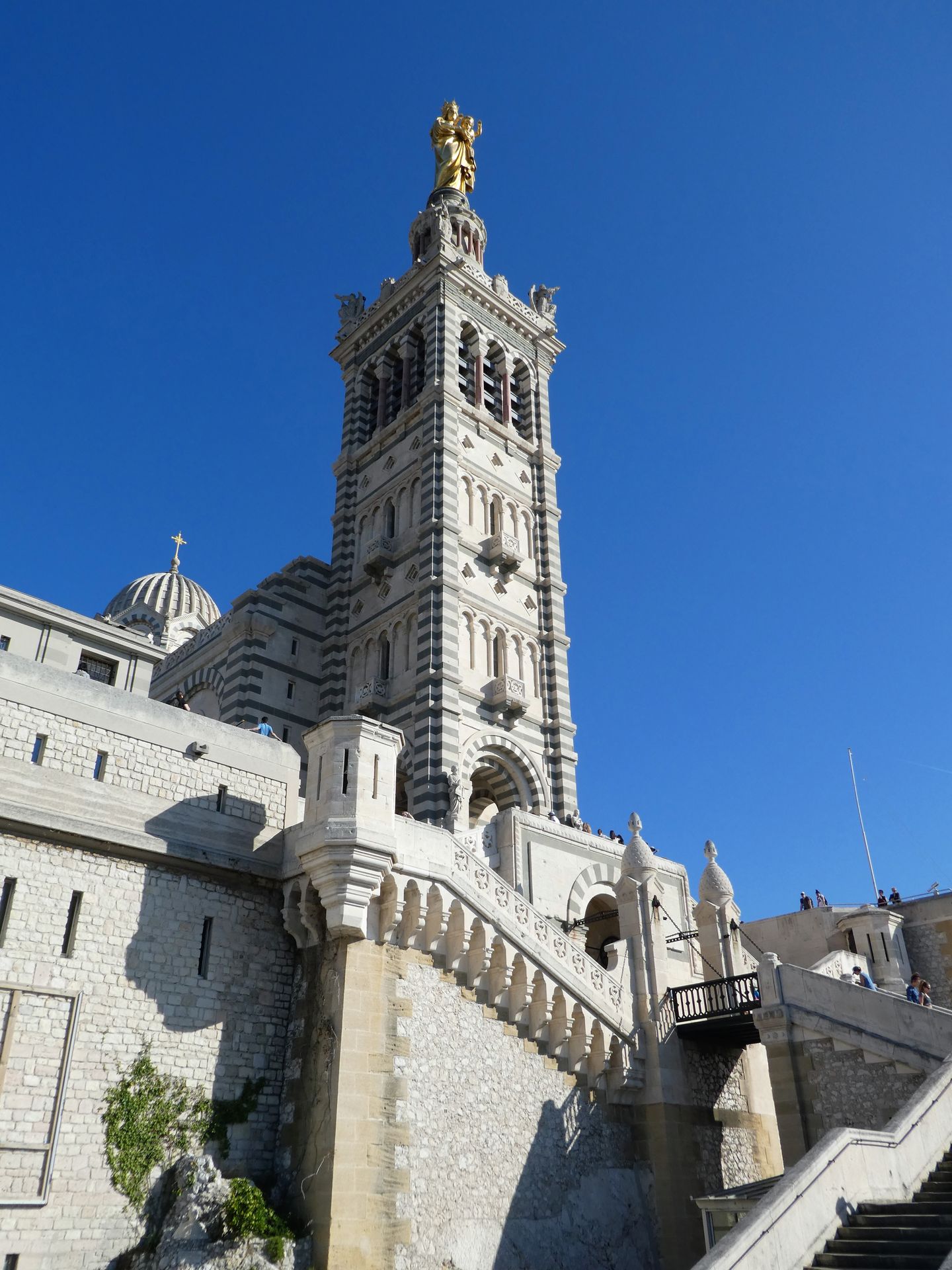
From the hill, we also had a beautiful view of the city.
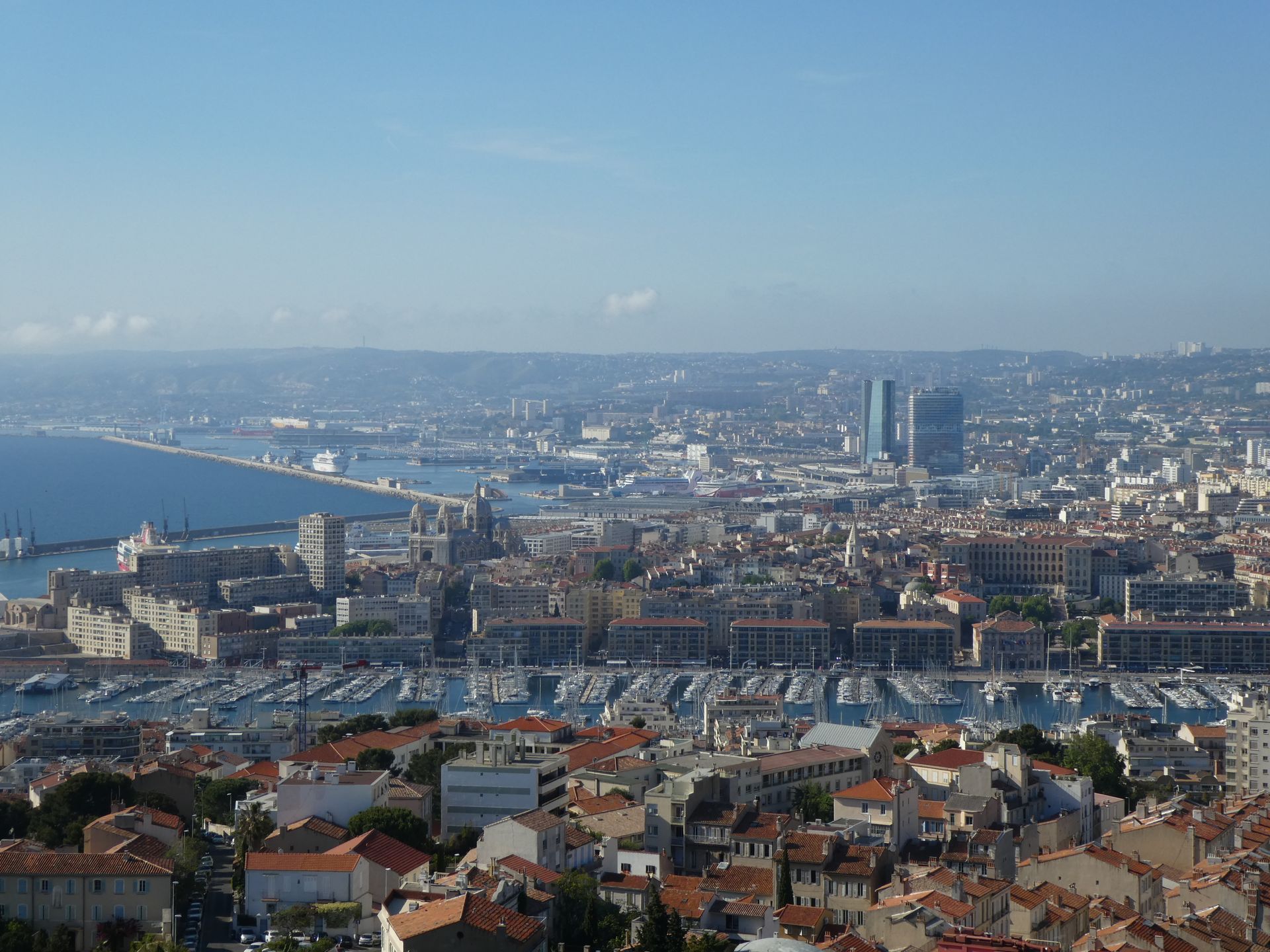
Suscríbete al boletín
Respuesta
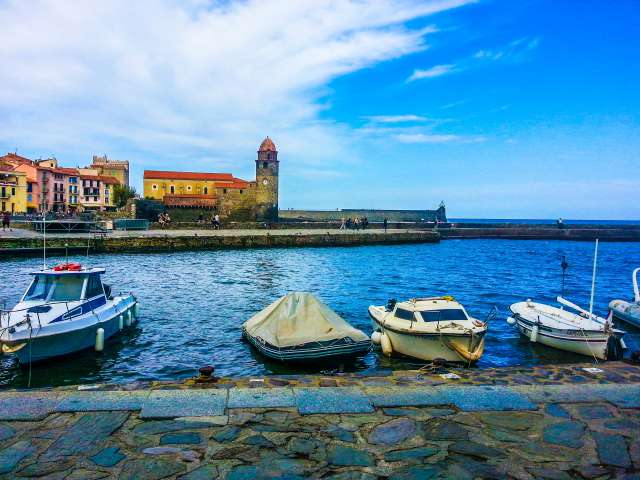
Informes de viaje Francia
